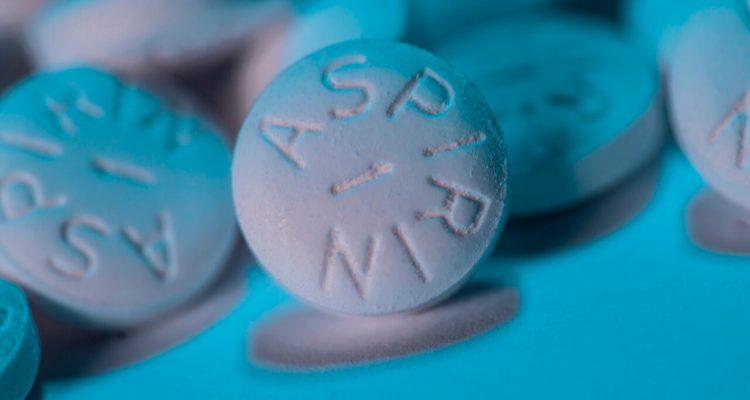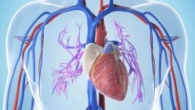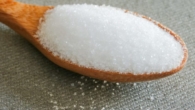
Aspirin prevents pain and speeds recovery
0
One of the most affordable drugs in the world has a mixed reputation. A new study has shown that aspirin is still capable of a lot.
Aspirin has a dual effect on pain. It not only prevents inflammation and pain, but also accelerates the cessation of inflammatory processes. According to the new study, the drug kills cyclooxygenase, thereby preventing the production of prostaglandins that cause inflammation and pain, and prompts the enzyme to generate another compound that accelerates the cessation of inflammation, returning affected cells to homeostatic health.
Aspirin causes cyclooxygenase to produce a small amount of a related product called 15-HETE, and during infection and inflammation, 15-HETE can be converted by a second enzyme to lipoxin, which is known to help reduce inflammation.
Researchers have discovered that macrophages contain biochemical tools that initiate inflammation, a natural part of the immune response, but also promote recovery from inflammation by releasing 15-HETE and converting it to lipoxin as inflammation progresses. Recall that aspirin is the most widely used drug.
Acetylsalicylic acid first appeared in the pharmaceutical industry in 1899, when it was introduced as a treatment for rheumatism and gout. Since then, aspirin has remained the go-to remedy for minor aches and pains.
Most people don't realize they're actually taking aspirin because it enters our bodies not only as a single ingredient, but also in combination with other prescription and over-the-counter medications.
The drug is used to relieve more than 50 symptoms, including heartburn, fever, arthritis, stomach pain, sleep disorders, migraines, and cold symptoms. It may also help with 11 different types of cancer.









Leave a Reply